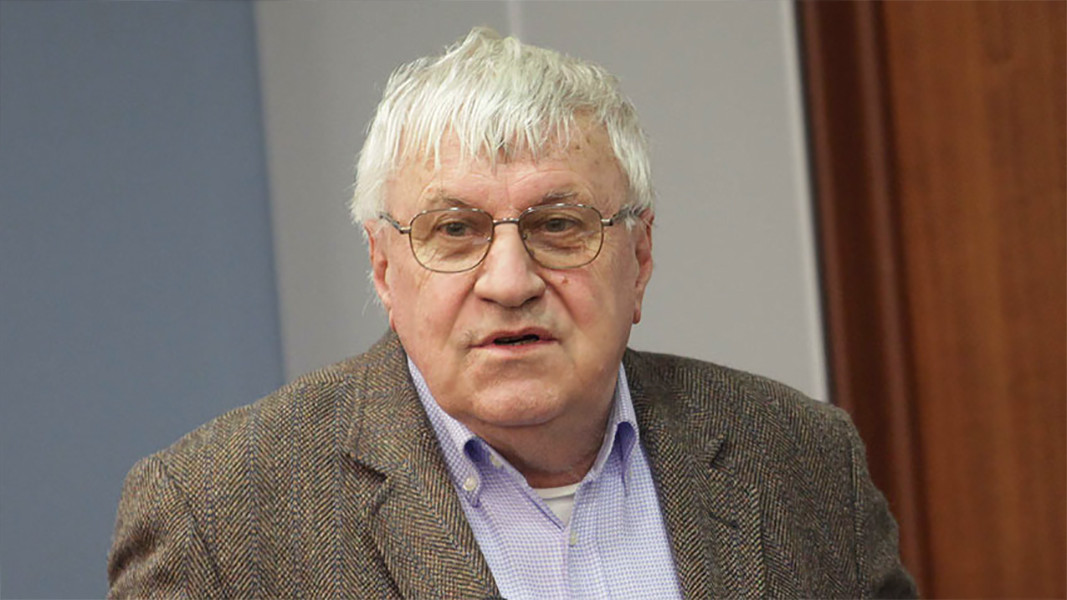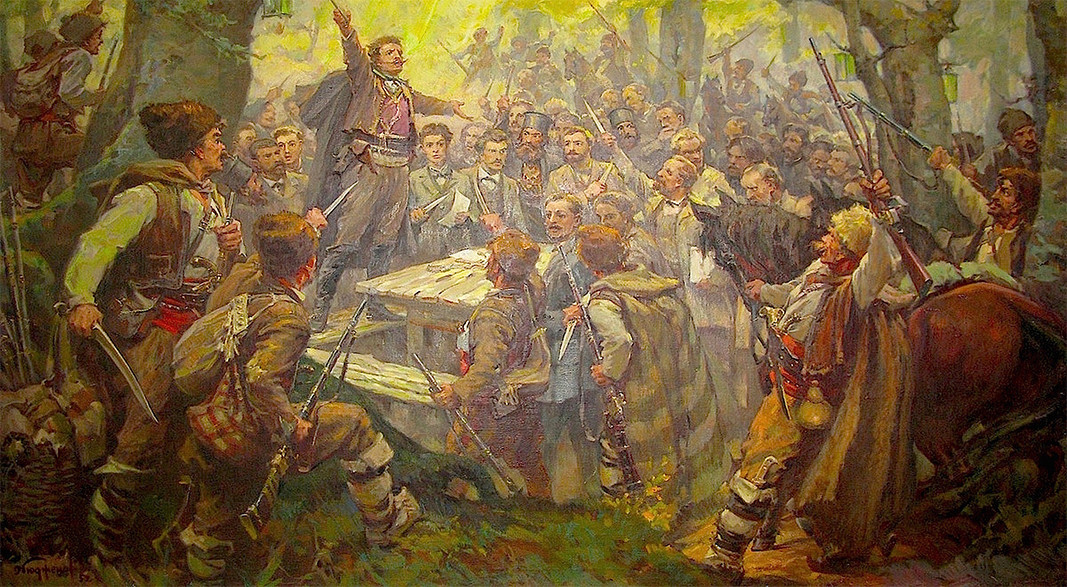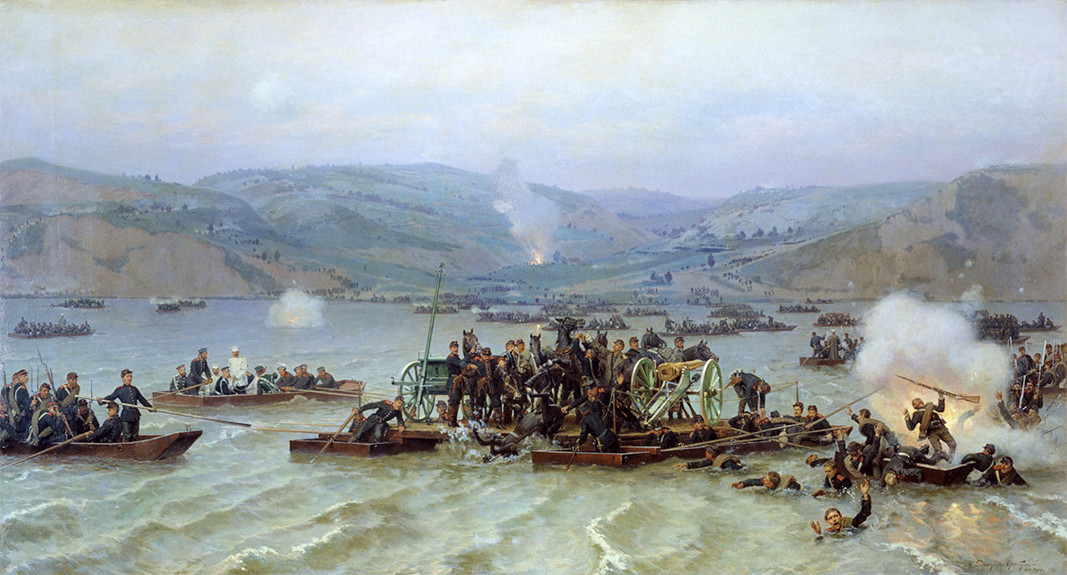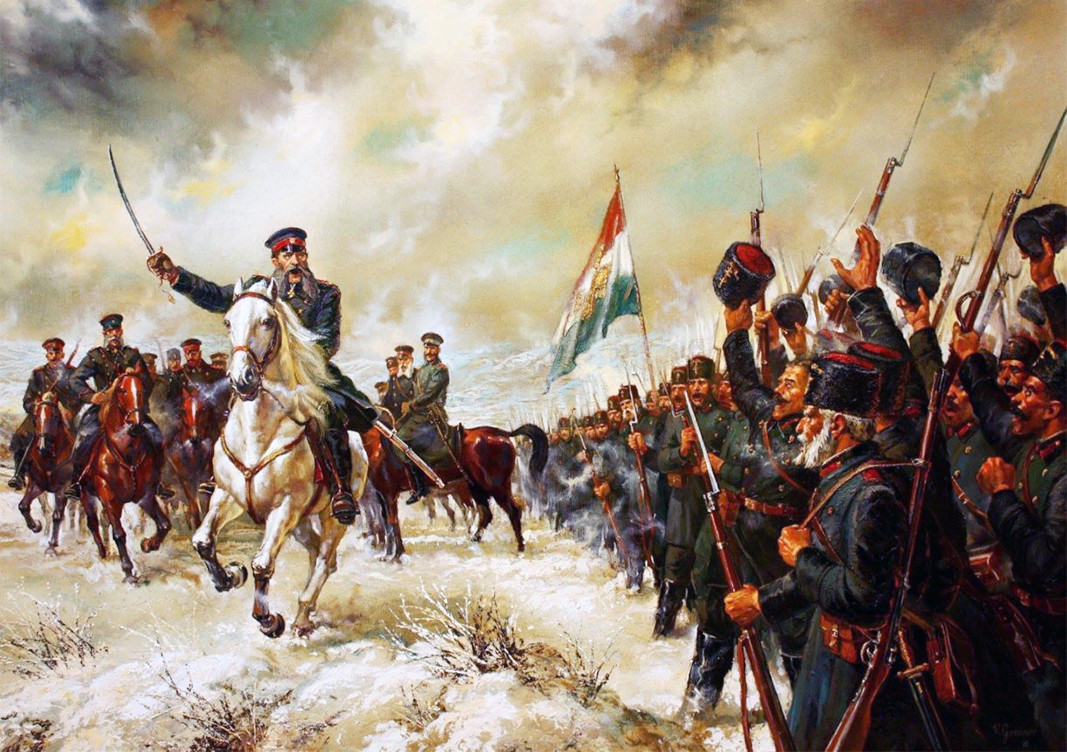On March 3, 1878, the San Stefano Peace Treaty was signed, resurrecting the Bulgarian state after almost five centuries of Ottoman rule. The dream of thousands of Bulgarian intellectuals, enlighteners and revolutionaries, who fought and died for the liberation of Bulgaria, came true.
“We must not forget that the whole world was surprised by the maturity of the Bulgarian society to restore its statehood – stressed historian Professor Andrey Pantev. – Despite all disappointments and unfulfilled dreams, we proved that we were able to govern ourselves and create a system that revives the word Bulgarian, forgotten for centuries during a dark period of Bulgaria’s history marked by the rule of a foreign and hostile authority.”

In the mid-14th century, when Bulgaria was highly fragmented and weakened by the endless battles with the Byzantine Empire, a new strong player appeared on the political stage-the Ottoman Empire. The Bulgarian rulers tried to resist, but in 1396, the Second Bulgarian Kingdom fell under Ottoman rule. Bulgaria was the first Balkan state to fall under Ottoman rule, which continued for five whole centuries.
The Bulgarian people kept on fighting to restore their statehood and organized a series of unsuccessful uprisings in the first decades of the Ottoman rule. Between 1875 and 1876, the Ottoman Empire experienced troubled times. The conquered Balkan people took up arms against the Ottomans. The national liberation movement in Bulgaria culminated in the April Uprising, which broke out on April 20, 1976.

“The sublime idea of the resurrection of the Bulgarian state is an act of true patriotism- contends Professor Pantev.- There is darkness and light, heroism and insidiousness in Bulgaria’s history. We must remember and commemorate all those who lost their lives during the struggles of national liberation, not those who were hiding and refusing to shelter the Bulgarian rebels and revolutionaries.”


The Day of Liberation was celebrated for the first time in the town of Veliko Tarnovo on February 19, 1878. By decision of Bulgaria’s National Assembly March 3 was proclaimed national day of the Republic of Bulgaria, and has been celebrated since 1991.
English version: Kostadin Atanasov
Photos: Archive, vasilgoranov.com, BGNES
President Rumen Radev will today attend the opening ceremony of Forest Week in front of St Alexander Nevsky Cathedral. The theme of this year's celebrations is "A century of eternal creation, preservation and care!" This year marks the 100th..
For 100 years, foresters in Bulgaria have been organizing Forest Week. A concert entitled “A century of eternity” on 7 April will give the official start to the initiative dedicated to the planet’s lungs. And though it has been a century since..
The eagerly-awaited Tulip Parade at the University Botanical Garden in Balchik is at its peak. This year’s parade includes more than 45,000 bulbs, and 27 varieties that are new to the Garden, among them Tulipa "Carnaval de Nice, which combines..
For 100 years, foresters in Bulgaria have been organizing Forest Week. A concert entitled “A century of eternity” on 7 April will give the official..
President Rumen Radev will today attend the opening ceremony of Forest Week in front of St Alexander Nevsky Cathedral. The theme of this year's..
Every Bulgarian school abroad has its own story, and that of the Rodna Stryaha Bulgarian school in Cyprus began in 2015. Its foundations are built on..

+359 2 9336 661
